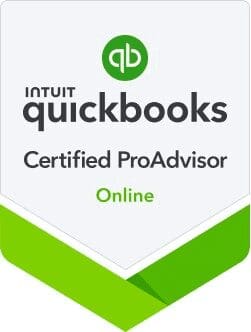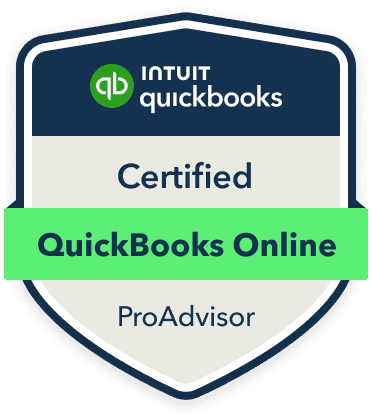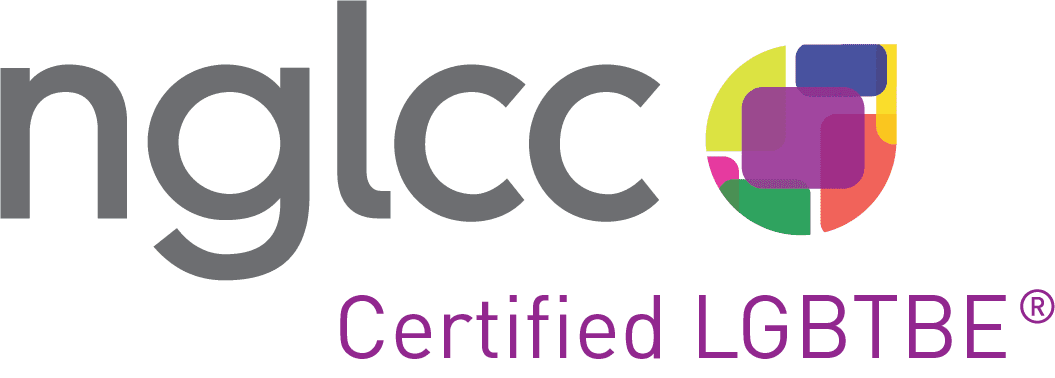Understanding the differences between financial accounting and management accounting can help business owners and financial managers make more informed decisions. At Rought & Accounting in Reno, NV, we provide expert advice to guide you through these distinct accounting practices. Let’s explore the key differences and how each can benefit your business.
The primary purpose of financial accounting is to create financial statements that provide information to external stakeholders. These stakeholders include investors, creditors, and regulatory bodies. Financial accounting helps them understand the financial health and performance of your business.
In contrast, management accounting is designed for internal decision-making. It provides detailed financial and non-financial information to managers to help them make strategic business decisions. This can include budgeting, forecasting, and performance analysis. Management accounting is more about providing actionable insights than adhering to external reporting standards. At Rought & Accounting, we not only want you to learn about these differences, but OMG, we've got a certified person on staff for this very thing! Judi, our Certified Management Accountant (CMA), is here to guide you through every aspect of management accounting.

Financial accounting is primarily retrospective, dealing with historical data. It compiles and reports past financial transactions. This historical perspective allows external stakeholders to see how the company has performed over a specific period. It is essential for compliance and financial transparency.
On the other hand, management accounting is forward-looking. It focuses on future projections and current data to assist in planning and decision-making. Managers use this information to set future goals, allocate resources, and plan for potential challenges.
Financial accounting must adhere to strict regulations and standards, such as Generally Accepted Accounting Principles (GAAP) or International Financial Reporting Standards (IFRS). These standards ensure consistency, reliability, and comparability of financial statements across different organizations. Compliance with GAAP or IFRS is mandatory for financial accounting. These standards provide a framework for preparing financial statements, ensuring they meet legal and regulatory requirements. This consistency is crucial for external stakeholders who rely on these reports for decision-making.
In contrast, management accounting is more flexible and not bound by these strict standards. Managers can tailor reports to meet the specific needs of the business. This flexibility allows for more detailed and relevant information that can drive better decision-making.
Financial accounting often provides a summarized view of the overall business performance. It aggregates data to present a clear picture of the company’s financial health. The reports generated through financial accounting offer a high-level overview of the company’s performance. This summary is useful for external stakeholders but may lack the detailed insights needed for internal decision-making.
Management accounting, however, involves a deeper, more detailed analysis of business metrics. Managers use this detailed information to make strategic decisions that affect the company’s operations and future growth. This in-depth analysis helps in identifying areas of improvement and opportunities for efficiency.
Accounting software can significantly simplify your bookkeeping tasks. Selecting the right software tailored to your business needs can enhance efficiency and accuracy. At Rought & Accounting, we recommend QuickBooks Online (QBO) for its comprehensive features and user-friendly interface. QuickBooks Online offers automated transaction recording, expense tracking, and financial reporting, making it an excellent choice for small businesses.
Take full advantage of the automation features offered by QuickBooks Online. Automated bank feeds, expense categorization, and recurring invoices can save you valuable time and reduce manual entry errors. By automating routine tasks, you can focus more on strategic financial planning and less on data entry.
Understanding the differences between financial and management accounting can significantly impact your business strategy. For personalized accounting services tailored to your business needs, contact Rought & Accounting in Reno, NV. Our tax experts, are here to help you navigate these accounting practices and ensure you make informed decisions. Contact us today to learn more about our services and schedule a consultation today.



